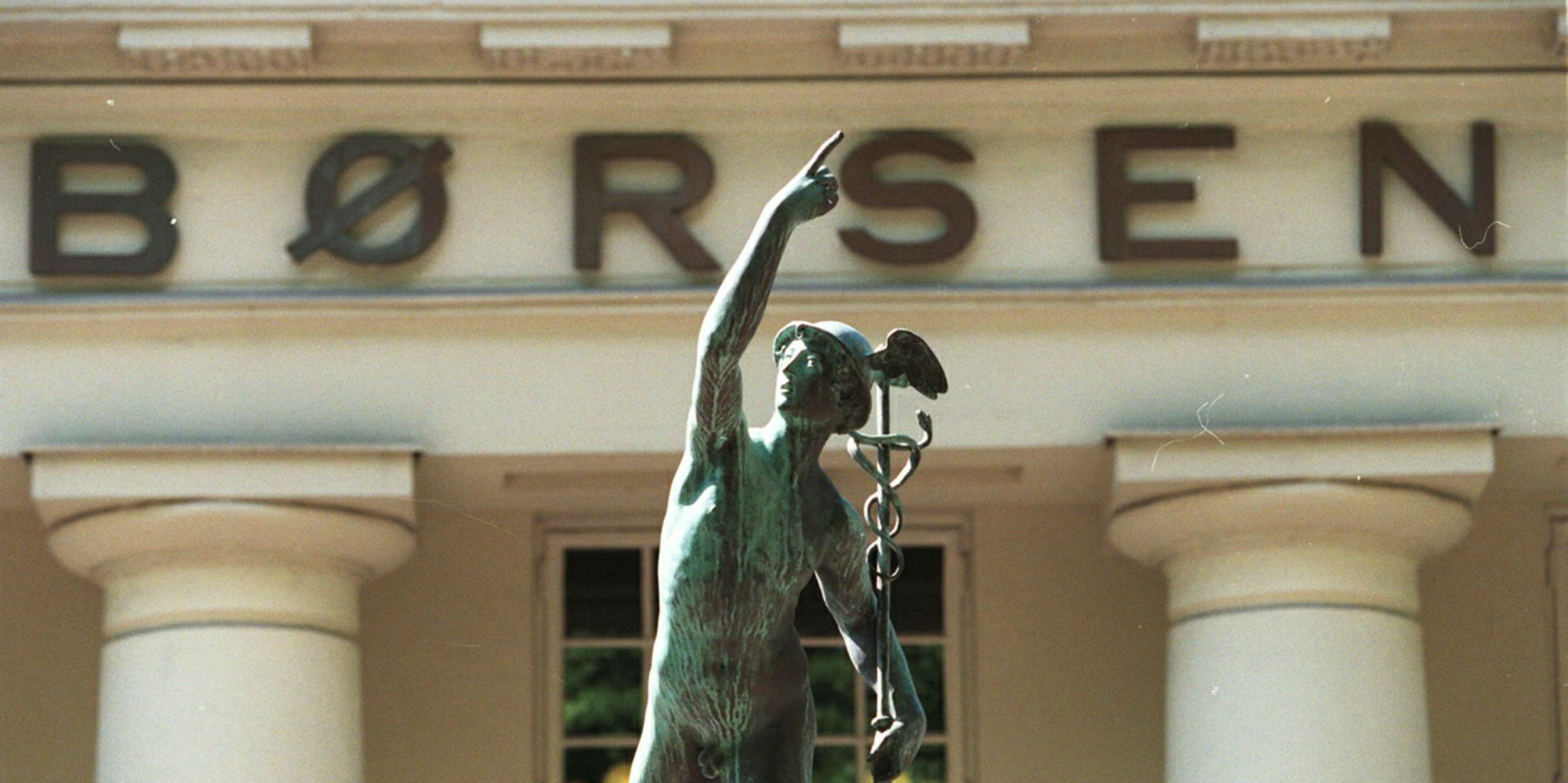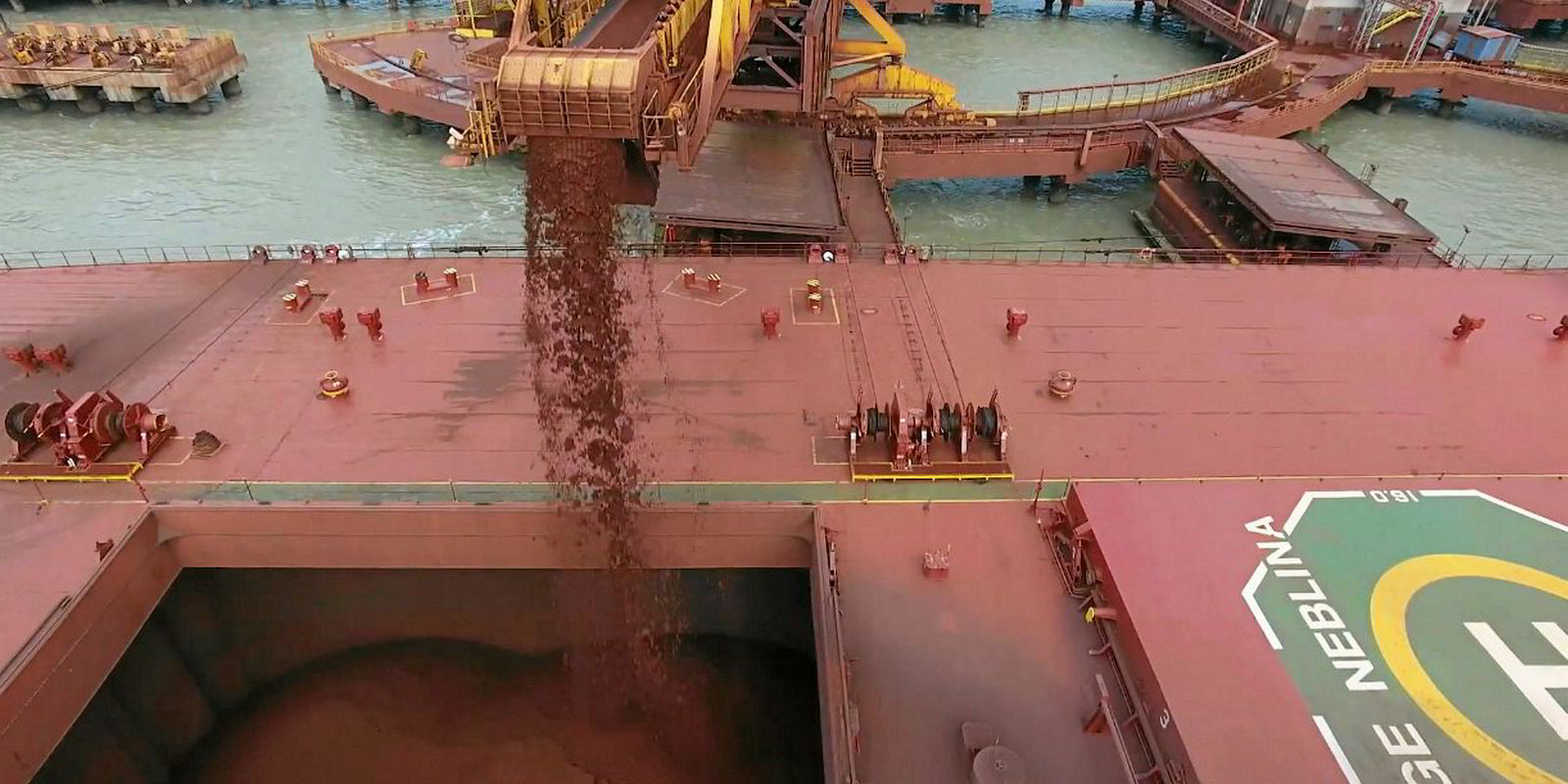A tragedy at Vale's Feijao iron ore mine has sent shares in the world's largest public dry cargo owners into a tailspin on Monday.
Over 50 people have been killed after a dam burst on Friday in a disaster which has added to the negative sentiment surrounding the dry bulk market.
"Needless to say, this will put negative pressure on the major bulk market," said Frode Morkedal of Clarksons Platou Securities.
He calculates the lost iron ore transportation demand from Brazil following the accident could lead to a $1,000 per day reduction in forecast capesize rates this year.
Capesize shipowners were predictably hardest hit by the Feijao fallout, on a day which saw freight rates lose further ground.
John Fredriksen's Golden Ocean, which was downgraded by analysts at ABG Sundal Collier this morning, saw over $90m of its market cap evaporate.
Golden Ocean, which owns 38 capes, saw its share price open at $5.97 before falling 10% to $5.34 at noon.
Star Bulk, which owns 25 capes, saw $31m wiped off its market cap this morning.
The NYSE-listed owner’s share price fell from $8.28 as the market opened to $7.95 at 12:00 noon, having hit a low of $7.88 earlier that morning.
Safe Bulkers opened at $1.89 per share on the NYSE this morning, before falling almost 8% to $1.74 at 11:40am.
A series of unfortunate events
Nicolay Dyvik, an analyst at DNB Markets, said: "Such disasters usually result in lasting suspension of activities.
"Hence, 8.5mt of Brazilian iron ore production and exports are at risk for 2019 and potentially offsetting 30% of 2019 year-on-year growth in Brazilian production.
"Assuming a 90 day round trip to China, the 8.5mt represents utilisation of 12 capesize vessels or 0.6% of the capesize fleet and 0.2% of the total fleet.
"While the impact is not detrimental for the dry bulk market, the unfortunate event piles on top of market headwinds as we near February and Chinese New Year which typically marks the seasonal trough for dry bulk," he explained.
Capesize rates continued to fall on Monday, dropping to $12,523 per day, according to the Baltic Exchange.
The Baltic Dry Index dropped to 852 points at what is seasonally the weakest time of the year.
Magnus Fyhr of Seaport Global said: "The fact that the accident comes three years after Brazil’s worst environmental disaster, when a larger dam at the Samarco iron ore mine burst, is likely to place all of Vale’s dams under increased scrutiny.
"This is likely to be negative for the capesize market as Brazilian iron ore exports play an important role for volume and ton-mile demand growth."






